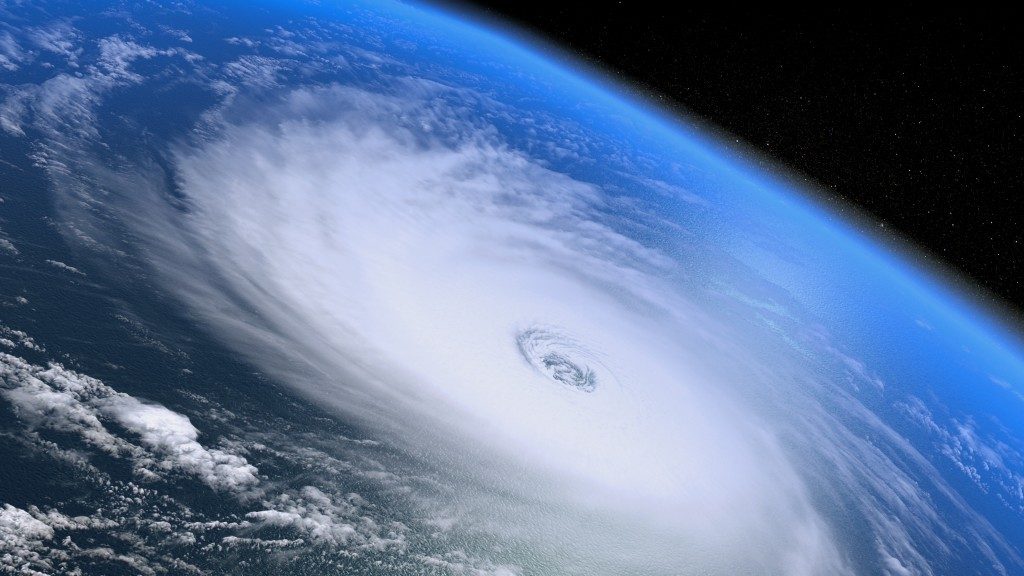Disaster can come at any time. Try as we may as a race, we can’t fight let alone stop the force of nature. Add the fact that in some places of the world where preservation of the environment is the least of their worries, we’re doing more harm than help.
Many organizations and governments are devising ways of combating or minimizing the damage caused by natural disasters. But as individuals, we can already do something to avoid tragedy from happening to us.
Those with their own homes can do it easily, but even people living in apartments can also perform disaster risk reduction. Don’t think that you can’t do anything to improve the situation; here are some preventive measures you can do.
1. Plan it all out.
Hurricanes and other forces of nature can cause panic and discord, and it can be a traumatic experience for some. Experts advise us to remain calm, although the whole situation may prove to be challenging.
Seeing everyone else panic is enough to cause someone to do the opposite of calm, so you have to be sure of what to do. Figure out all the emergency exits and look for any possible place to run to if the building falls apart or cannot be a safe place to stay.
Talk to your landlord about putting in some extra space to accommodate the tenants until help arrives as well as contact an agency that offers home inspections in Orem to check if the place is hurricane-ready.
2. Prepare a first aid kit.
When a hurricane strikes, there are a lot of objects that can come from outside and inside your apartment. Those items can range from broken glass, utensils, to other blunt and sharp objects that can literally rip your skin.
Having an open wound can be fatal and can become more devastating than just a torn down living space. Consider having med kits in multiple parts of the house. As mentioned, it can happen anytime, and you can be caught off-guard by a sudden change of climate.
Pack the essentials — gauzes, cotton, extra medicine, and sanitizers. If you find yourself wounded, take cover, and immediately treat the cut to avoid getting your wounds infected.

3. Have an emergency power source.
When there’s a natural disaster, the power supply can be unavailable days after the catastrophe. Nowadays, you can install emergency lights in case this happens for you to use, especially during the night.
You would also need to communicate with other people around the area as well as the rescue team, so you would have to find a way to keep batteries charged. It’s good that there’s such a thing as power banks that you can charge ahead of time for additional energy.
Most could be plugged in directly and charged like other gadgets, but there are brands that can also use solar power. It would be great if you choose the latter or have both types as you can’t always rely on electricity when a hurricane just ruined the power lines.
Going through all this is just the beginning. After everything calms down, streets would be littered with debris and sometimes even people waiting to be rescued or brought to hospitals for treatment.
Despite this predicament, be sure to know the nearest evacuation centers and hospitals. Stay safe and remember to prioritize you and your family’s safety.

